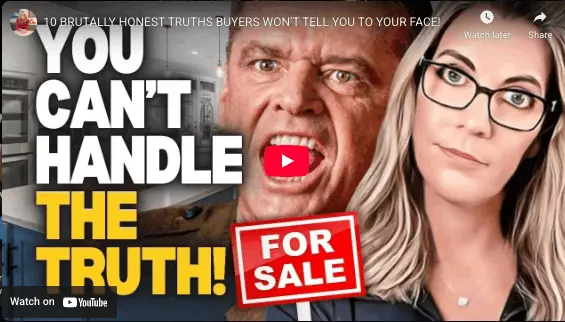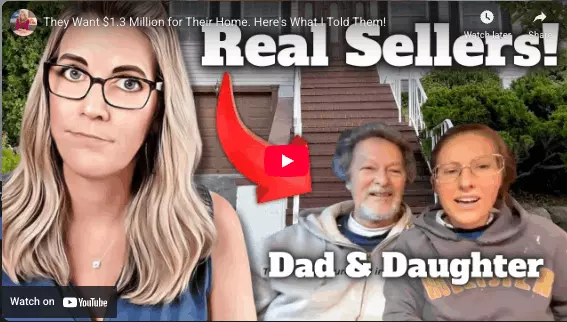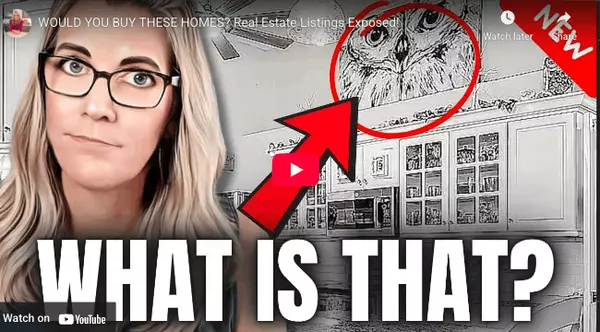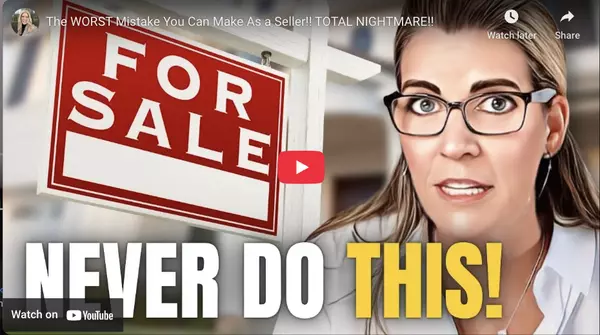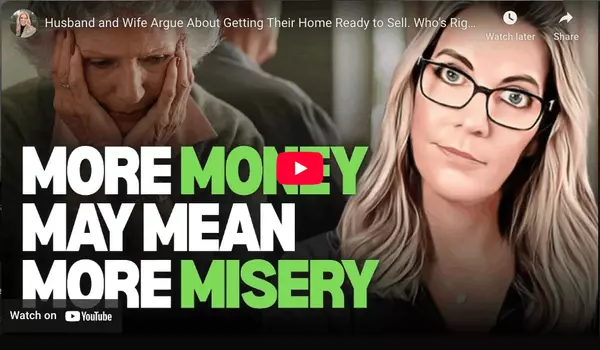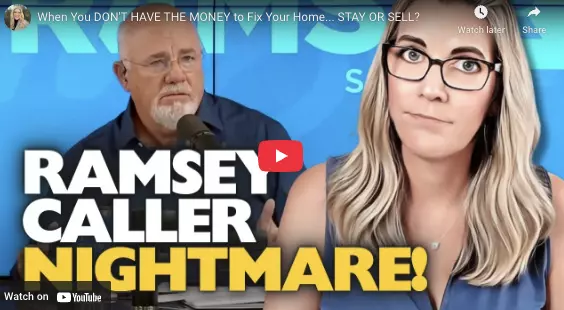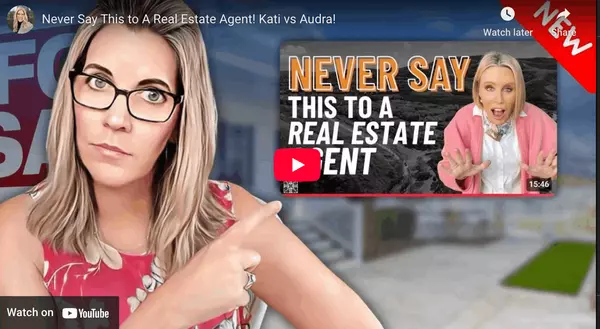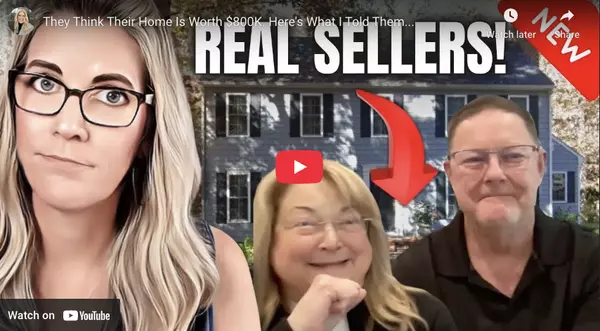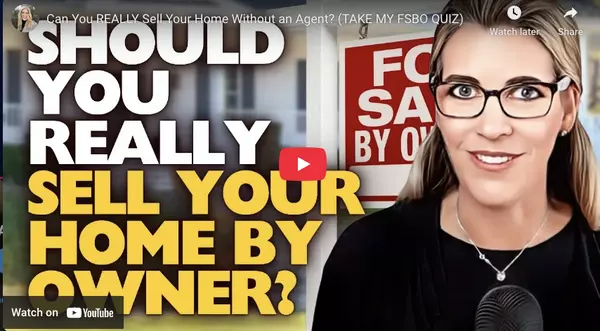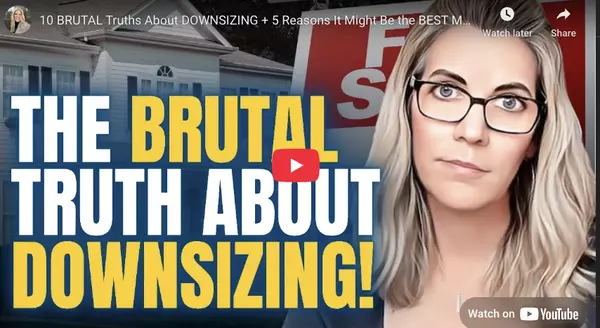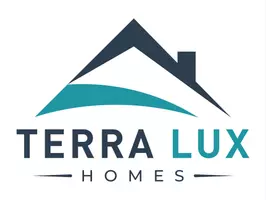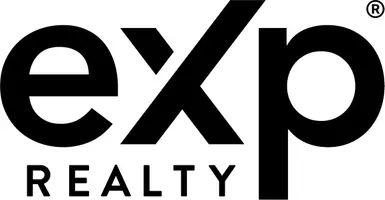Why Your Home Won't Sell (And It's Not What You Think!)
Why Your Home Won't Sell (And It's Not What You Think!)
Is your home not selling? Or are you worried it won't sell? You might think you know why, but there's one primary reason homes don't sell. Let's dive into some common misconceptions first.
Top Ten Misconceptions
Curb Appeal: Yes, it's important, but it's not the sole reason.
Listing Photos: Bad photos hurt, but they're not the main issue.
Staging: Proper staging helps, but lack of it isn't the key reason.
Showing Well: It's important, but again, not the primary issue.
Marketing: Effective marketing brings showings, but it’s not the deal-breaker.
Accompanied Showings: They can be a hassle, but they're not the reason.
Bad Location: Even homes in poor locations can sell.
Market Conditions: A challenging market isn’t the sole cause.
Outdated Home: This affects price, not the ability to sell.
Bad Real Estate Agent: They can impact the process, but they’re not the main reason.
So, what's the actual reason?
The Real Reason: Price
The real reason your home isn't selling is that your price is too high. Plain and simple.
Understanding the Importance of Pricing
Every objection to your home can be overcome with the right price. Let's say your home is priced at $1. No one would complain about the location, the outdated kitchen, or any other issues. Why? Because the price is too good to pass up.
If your home has been on the market for a while without offers or with low offers, it means buyers find it overpriced. Here’s a rule of thumb: If you get very few showings in the first two weeks or you have many showings without offers, your price is too high.
The Pitfalls of Overpricing
Overpricing your home can cost you tens of thousands of dollars. In the first two weeks, serious buyers who are ready to purchase will view your home. If it's priced too high, it won't show up in their search results, and you'll miss out on potential offers.
As your home sits on the market, it develops a stigma. People assume something is wrong with it. If you start high and gradually reduce the price, you’ll attract fewer interested buyers.
Why Don’t Buyers Just Make a Lower Offer?
Buyers often don’t lowball because they assume you won’t accept it. They prefer to wait for a home that’s priced right for their budget. Your ideal buyers might walk away and find another home that meets their criteria and budget.
What Should You Do?
Talk to your agent about the "sell now" price. This is the price that would attract immediate offers. It might be lower than you hoped, but it’s crucial to understand the market value.
Conclusion
The price of your home should reflect what buyers are willing to pay, not just what you want to receive. If your home isn't selling, it's time for an honest conversation with your agent about pricing strategy. The right price can overcome any objection and get your home sold.
Remember, it’s not about just listing your home. It’s about listing it at a price that appeals to buyers in the current market. Don’t let overpricing be the reason your home sits unsold. Adjust your price, and watch the offers come in.
Recent Posts
